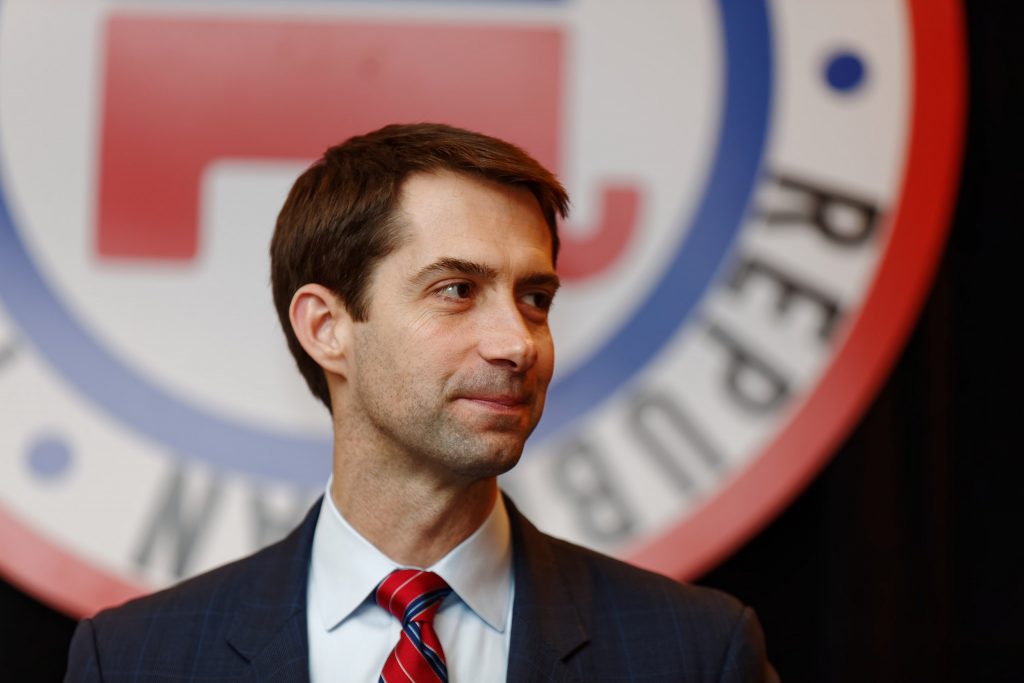Equipping Christians for the Ballot

Early voting is underway and candidates are making their final push to reach the voters before Election Day arrives. The rush of election season can be a demanding process as voters and candidates get to know one another and discuss the issues of the day.
Voting is a right and responsibility. It is something many men and women have fought and died for to preserve. Though many Christians exercise this right, others choose not to participate.
According to a George Barna survey conducted in 2024, 56% of self-identified Christians voted but 44% did not. Although turnout was historically high overall, millions of Christians still did not participate. This can always be approved upon.
The American electoral process gives millions of Americans the opportunity to choose who leads federal, state, and local government. It is important to vote wisely. This is one reason Family Council produces the Arkansas Voter’s Guide. Many of the issues that are important to Christians are decided at the ballot box and that is one more reason Christians should engage in the political process.
The voter’s guide is a non-partisan, educational resource that shows voters where candidates stand regarding the issues that matter most to them. Candidates get the opportunity to answer a survey with a wide variety of issues and Family Council publishes their answers. Simply put, Family Council provides an impartial resource and voters get to decide who they want to represent them.
Since Family Council first began publishing the Voter’s Guide in 1990, staff members have contacted hundreds – if not thousands – of candidates and distributed millions of guides to churches, individuals, civic groups, libraries, and others across Arkansas. Countless supporters have contributed to this effort because they recognize it as a vital resource for voters.
Founding Father Samuel Adams once wrote in the Boston Gazette,
“Let each citizen remember at the moment he is offering his vote that he is not making a present or a compliment to please an individual – or at least that he ought not so to do; but that he is executing one of the most solemn trusts in human society for which he is accountable to God and his country.”
Christians are accountable for many things, including how they steward voting. May it not be a responsibility that is taken lightly.





